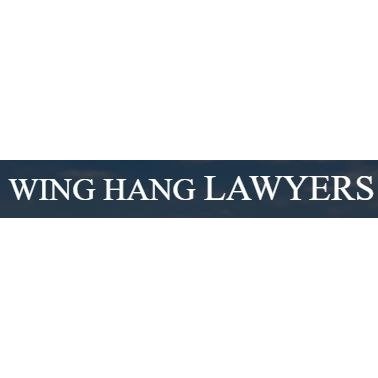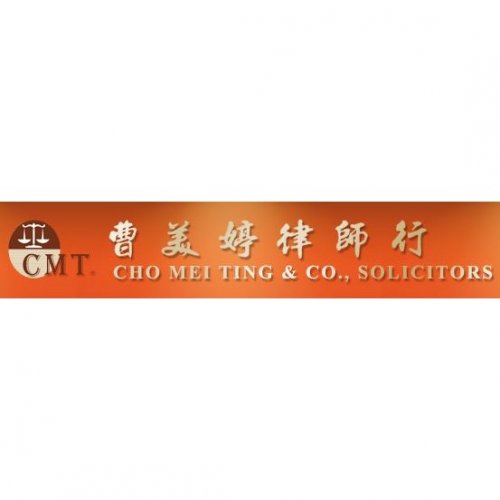Best Bankruptcy Lawyers in Kowloon
Share your needs with us, get contacted by law firms.
Free. Takes 2 min.
List of the best lawyers in Kowloon, Hong Kong
About Bankruptcy Law in Kowloon, Hong Kong
The bankruptcy law in Hong Kong is governed by the Bankruptcy Ordinance (Cap. 6 of the laws of Hong Kong). The procedures and legislation are complex and often require specialized legal assistance. Bankruptcy refers to legal status given to an individual who is unable to repay their debts. The debtor can declare bankruptcy or it can be petitioned by a creditor. The Official Receiver's Office oversees the case, which may involve selling assets to repay debts.
Why You May Need a Lawyer
Bankruptcy laws are intricate in nature and navigating through them can be challenging without professional help. A lawyer can assist in understanding the complexities, presenting various options and figuring out potential implications. You may need legal advice if you're considering bankruptcy, your creditor is pushing you towards bankruptcy, or you're looking to recover a debt from a person who has declared bankruptcy.
Local Laws Overview
The key aspects of bankruptcy law in Kowloon are enshrined in the Bankruptcy Ordinance. Notably, the law regards bankruptcy as a last resort to resolve debt issues. The debtor's assets may be disbursed to repay the creditors, and the debtor may also be subjected to certain restrictions, such as traveling overseas. Furthermore, the debtor is obligated to cooperate totally with the Trustee, which can be the Official Receiver or a private sector Insolvency Practitioner. There are also alternatives to bankruptcy such as Individual Voluntary Arrangements.
Frequently Asked Questions
What is the duration of bankruptcy procedure?
The typical duration is 4 to 6 years, although it can be subject to modifications influenced by individual circumstances.
Does bankruptcy free me from all debts?
No, certain types of debts may not be discharged through bankruptcy such as fines and penalties imposed by a court and any amount due under a family court order.
Can bankruptcy prevent my creditors from pursuing me?
Once you're declared bankrupt, the big majority of your creditors aren't entitled to force you to pay your debts, with some exceptions.
Does bankruptcy affect my credit rating?
Yes, it will have a substantial impact on your credit rating and limits your ability to get credit.
Can I travel overseas while declared bankrupt?
With the Trustee's permission you can, however, repeated travels may not be approved.
Additional Resources
The Official Receiver's Office, Judiciary of the Hong Kong Special Administrative Region, and the Hong Kong Bar Association can provide more information and support related to bankruptcy.
Next Steps
If you find yourself in need of legal assistance, the next step is to contact a bankruptcy lawyer or a legal aid service. Preparing all relevant financial documents and understanding the implications of bankruptcy before consultation can assist in making the discussion more productive.
Lawzana helps you find the best lawyers and law firms in Kowloon through a curated and pre-screened list of qualified legal professionals. Our platform offers rankings and detailed profiles of attorneys and law firms, allowing you to compare based on practice areas, including Bankruptcy, experience, and client feedback.
Each profile includes a description of the firm's areas of practice, client reviews, team members and partners, year of establishment, spoken languages, office locations, contact information, social media presence, and any published articles or resources. Most firms on our platform speak English and are experienced in both local and international legal matters.
Get a quote from top-rated law firms in Kowloon, Hong Kong — quickly, securely, and without unnecessary hassle.
Disclaimer:
The information provided on this page is for general informational purposes only and does not constitute legal advice. While we strive to ensure the accuracy and relevance of the content, legal information may change over time, and interpretations of the law can vary. You should always consult with a qualified legal professional for advice specific to your situation.
We disclaim all liability for actions taken or not taken based on the content of this page. If you believe any information is incorrect or outdated, please contact us, and we will review and update it where appropriate.










